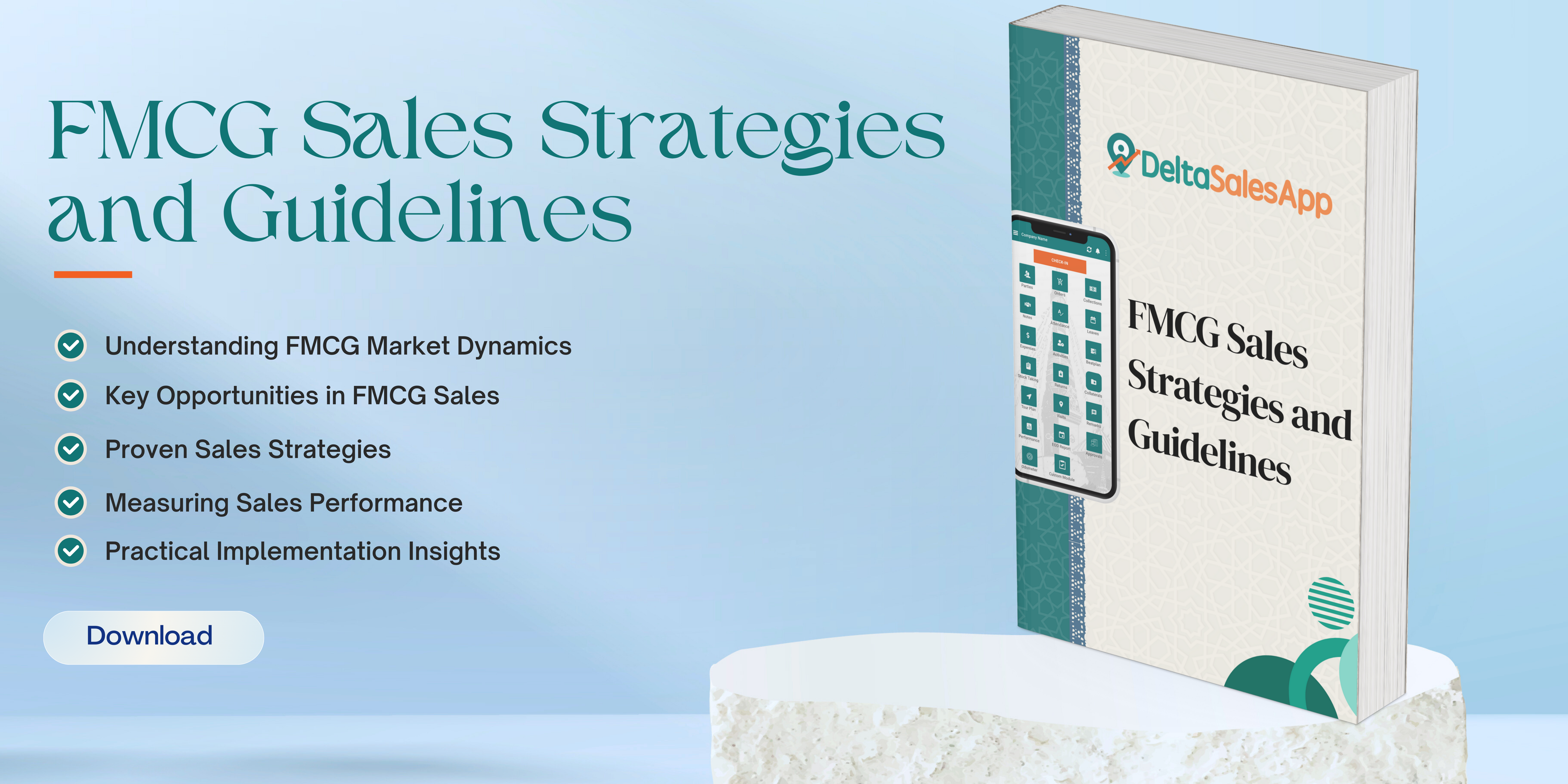Field Force Automation (FFA)
Field Force Automation (FFA) in the context of field sales applications refers to the use of technology to automate and streamline sales operations that involve sales representatives working outside of the office, usually directly with customers at various locations.
FFA solutions leverage tools such as mobile devices, cloud-based software, GPS, and analytics to improve the efficiency, effectiveness, and productivity of field sales teams.
Key Components of Field Force Automation in Field Sales:
Mobile Sales Applications:
These apps allow sales reps to access customer data, sales orders, inventory levels, pricing, and promotional information in real-time, right from the field. Mobile apps enable reps to manage their schedules, track customer visits, and update activities.
Customer Relationship Management (CRM) Integration:
Field force automation systems often integrate with CRM tools to provide a unified platform for managing customer data, interactions, and sales pipeline updates. This helps sales teams track customer journeys, follow up on leads, and ensure timely responses to customer needs.
Route Optimization:
GPS-enabled apps help sales representatives optimize their routes, saving time and fuel costs. These systems can recommend the most efficient routes based on real-time traffic and scheduling data, improving productivity.
Order Management:
Automation allows sales reps to create, manage, and track orders from customers directly from their mobile devices. This reduces paperwork and improves order accuracy by eliminating manual data entry.
Inventory Management:
Real-time visibility into inventory levels allows sales reps to view product availability and make on-the-spot sales decisions. They can check stock levels, update inventory status, and create orders for items that need restocking.
Reporting and Analytics:
Automation tools provide real-time analytics, reporting, and dashboards that help managers monitor sales team performance, customer engagement, and regional sales trends. This insight enables better decision-making and forecasting.
Sales Performance Monitoring:
Field force automation can track individual sales reps' performance based on preset metrics like sales targets, visit frequencies, and conversion rates. Sales managers can use this data to assess productivity and provide feedback or additional training where needed.
Automated Communication and Alerts:
Automated notifications and reminders can be sent to sales reps for follow-up actions, customer appointments, or deadlines. Similarly, alerts can be set up to notify managers of important events, like missed sales targets or urgent customer issues.
E-signature and Digital Documentation:
Field sales reps can use e-signature functionality to close deals and complete contracts without needing to return to the office. This improves the speed of sales transactions and reduces paperwork.
Collaboration Tools:
Tools for team communication and collaboration (such as messaging, document sharing, and task management) enable field reps to stay connected with their headquarters and share information efficiently.
Benefits of Field Force Automation:
Increased Sales Productivity: By eliminating manual tasks, field reps can focus more on selling and customer engagement.
Improved Data Accuracy: Real-time data entry and integration reduce errors and ensure that sales data is accurate and up-to-date.
Better Customer Service: Field reps can access customer history, preferences, and past interactions, enabling personalized service and more effective solutions.
Cost Savings: Optimized routing, reduced paperwork, and fewer manual processes result in cost savings for the company.
Enhanced Decision-Making: With access to real-time analytics, managers can make informed decisions and adjust strategies more effectively.
Example of Field Force Automation in Action:
Example 1: A sales representative for a pharmaceutical company uses a mobile app to visit healthcare professionals. The rep accesses patient and doctor details, checks inventory levels, places an order, and immediately sends the order details back to the central system for fulfillment. All interactions are logged automatically in the CRM, enabling seamless follow-up.
Example 2: A beverage distributor uses a field sales application to monitor product sales and restock inventory at retail stores. The rep receives automated reminders for store visits, optimized routes for delivery, and sales targets to track, improving efficiency and increasing sales volume.
In conclusion, FFA in field sales applications enables businesses to maximize the potential of their sales teams by providing the necessary tools, data, and automation to enhance productivity, improve customer relationships, and streamline sales processes.






